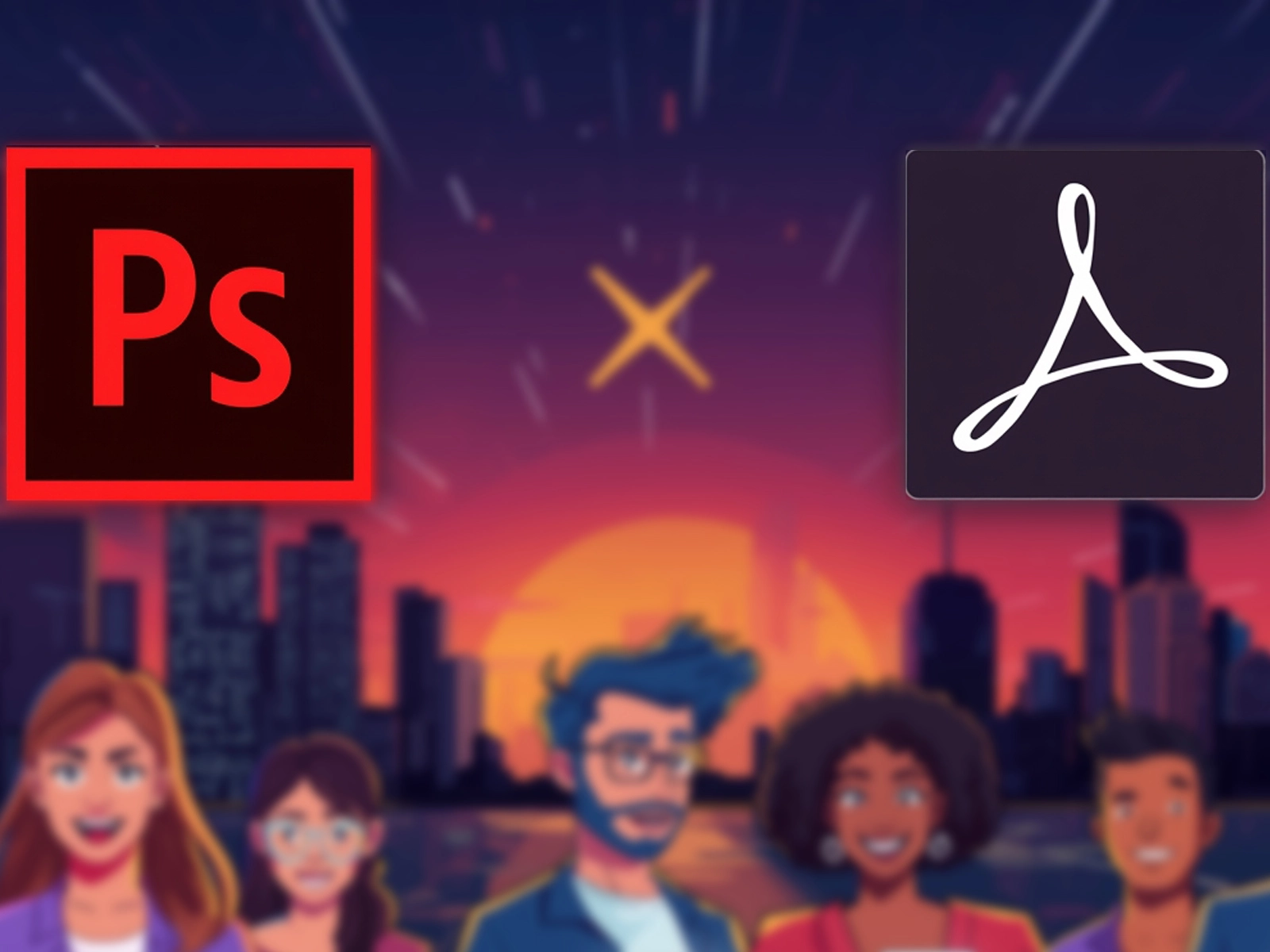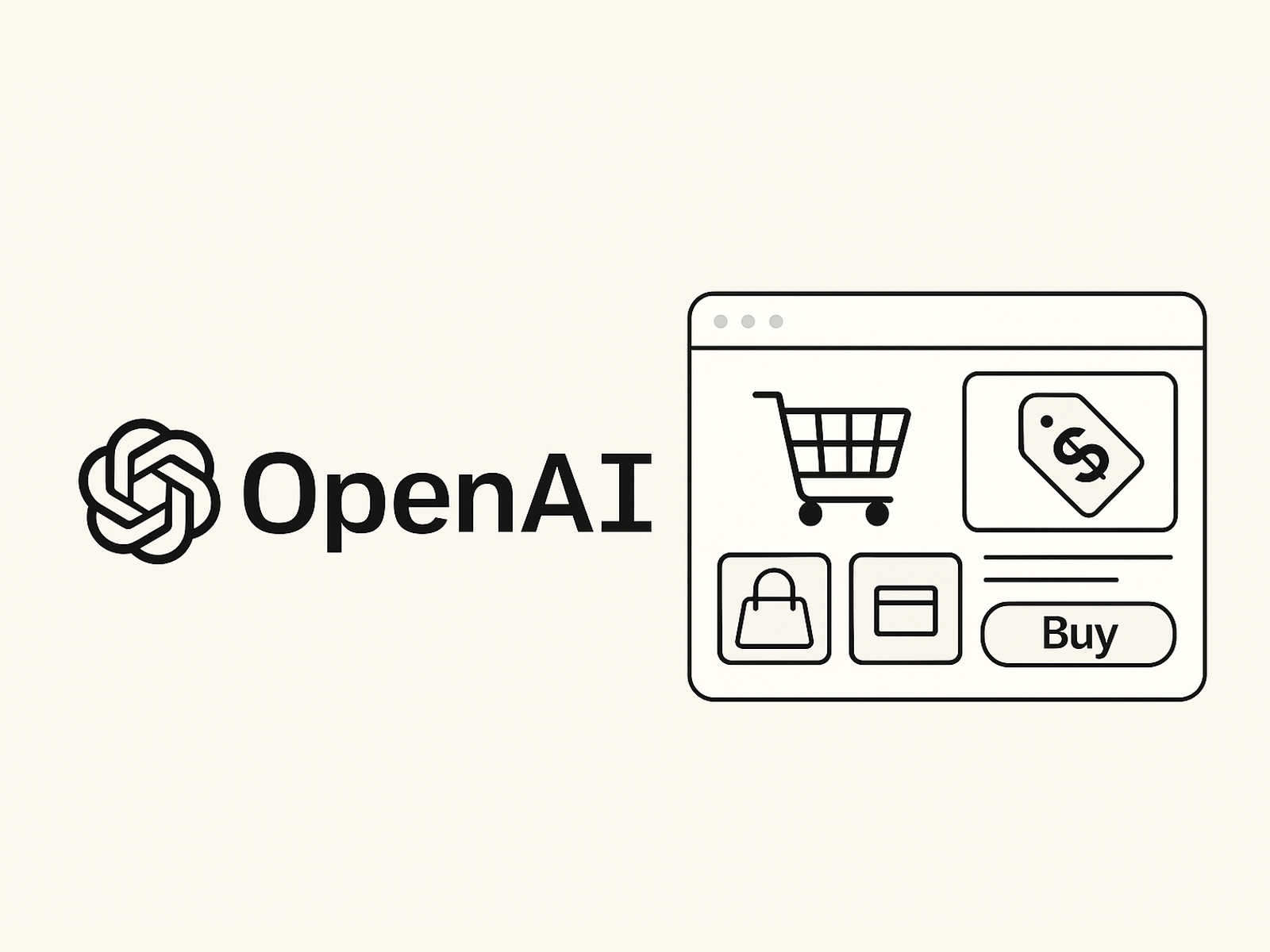
Adobe announces integration of Photoshop, Express, and Acrobat features into ChatGPT

LinkedIn launches new features to improve ad personalization

AI Overviews by Google Changed Search Almost Overnight

3 minutes
OpenAI is expanding the functionality of ChatGPT Search, turning it into a tool not only for finding information but also for making online purchases. The update covers categories that are most relevant to consumers: fashion, beauty, home goods, and electronics. Now, when users enter a query, they can receive not just a text-based answer but a full selection of relevant products. The results display product images, descriptions, prices, reviews from other customers, and buttons with direct links to retailer websites where the items can be purchased. This format enables users to compare options and make decisions quickly, without the need to switch to other platforms. In this way, ChatGPT becomes not just a search assistant, but a new type of personal shopping consultant.
The shopping feature offers:
OpenAI emphasizes that this shopping feature is not monetized — the company does not earn from displaying products or take a percentage of sales. All results are based on structured metadata collected from third-party sources such as retail websites, product catalogs, and data feeds. This ensures objective and highly relevant results for users’ requests.
The key difference lies in ChatGPT’s ability to understand queries beyond keywords, unlike traditional search engines. It interprets context, conversational tone, emotional cues, and even personal preferences. For instance, if a user previously mentioned a preference for black clothing from a particular brand or avoiding specific materials, this information will be remembered and factored into future recommendations. Every interaction helps refine the system, offering a personalized search and shopping experience similar to a live consultation with a stylist or sales associate.
Along with shopping, other new features include:
The launch of online shopping features in ChatGPT signals major changes in digital marketing. Search competition is no longer limited to Google — ChatGPT is now emerging as a powerful channel where users discover information and make purchasing decisions. This presents new opportunities for brands but also brings new challenges.
First, optimizing data structure is now crucial. ChatGPT relies on structured metadata for its shopping recommendations, meaning products with well-formatted listings, clear descriptions, specifications, prices, and images are more likely to be featured in responses. If a company hasn’t yet invested in product feed quality or structured SEO, now is the time to act.
Second, search is shifting to a conversational and personalized format. Instead of typing rigid queries like “buy sneakers Kyiv,” users can now say things like: “Recommend stylish black sneakers under 3000 UAH for spring.” Companies must therefore adapt their content — not only technically, but conceptually. Brands should rethink their tone of voice, create product descriptions that feel like friendly advice, and consider users’ behavioral patterns.
Ultimately, ChatGPT isn’t just answering queries — it’s shaping a new shopping experience that is more intuitive, trust-based, and tailored. Marketers need to integrate this approach into their strategies now to remain visible in the evolving information landscape and keep pace with changing consumer behaviors.
OpenAI is turning a new page in the evolution of search. Shopping through ChatGPT is not just another feature — it’s a significant step toward a personalized, dialog-driven experience where users receive thoughtful, contextually relevant recommendations instead of link lists. This transforms search from an algorithmic process into a dynamic, adaptive conversation.
For businesses, it’s a clear signal: it’s time to think beyond Google SEO and start building presence in new search ecosystems that operate under different rules. In these environments, keywords alone are not enough — brands need clear, structured, and relevant content that can be used by AI assistants in their responses. This includes both product feed optimization and brand communication style.
Those who adapt early will gain a competitive edge — especially in niches where users seek not just products, but trust, guidance, and real experiences. The world of search is changing — and marketing must evolve with it.
This article available in Ukrainian.
Say hello to us!
A leading global agency in Clutch's top-15, we've been mastering the digital space since 2004. With 9000+ projects delivered in 65 countries, our expertise is unparalleled.
Let's conquer challenges together!
performance_marketing_engineers/
performance_marketing_engineers/
performance_marketing_engineers/
performance_marketing_engineers/
performance_marketing_engineers/
performance_marketing_engineers/
performance_marketing_engineers/
performance_marketing_engineers/